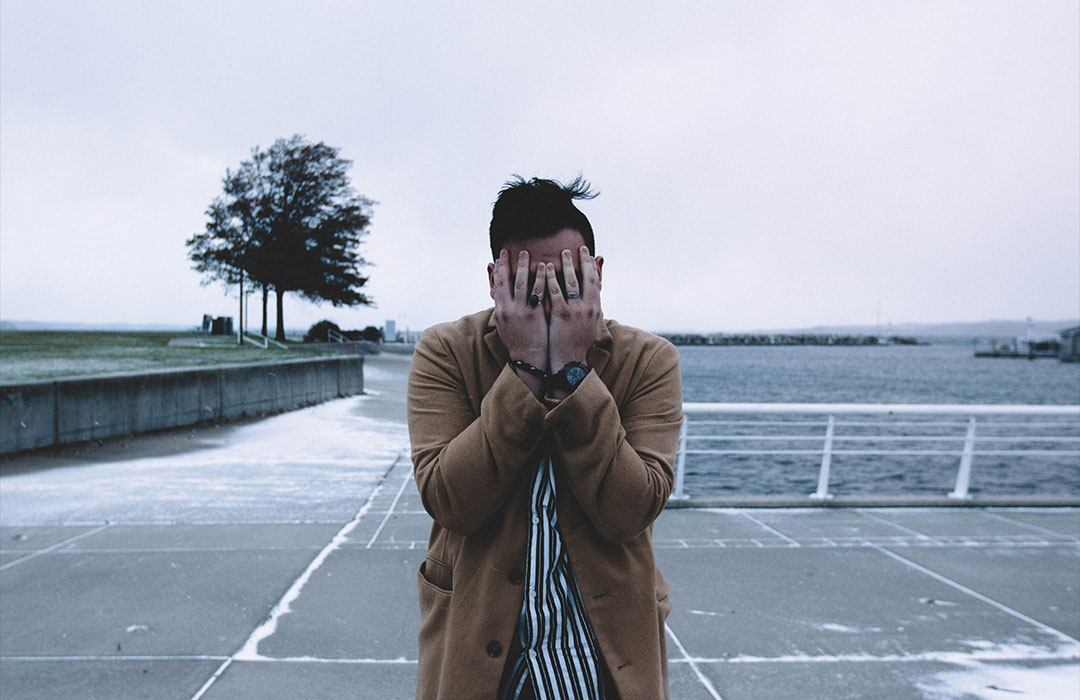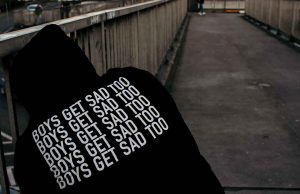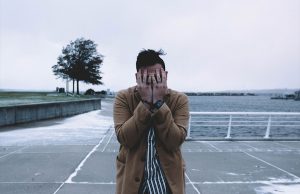
- Depression is characterized by despair and lack or loss of interest in daily activities; other symptoms include feelings of worthlessness and changes in weight or appetite.
- Depression can also present differently in men, as some symptoms are more common than others.
- First, men often distance themselves from those closest to them as well as their favorite activities when they feel depressed.
- They are also more likely to act agitated or angry than they are sad or upset; men tend to have a hard time accepting the latter feelings and so they express them differently.
- Men also experience and act on suicidal thoughts more than women do because women feel more comfortable opening up to someone about these thoughts.
- Fortunately, there is depression treatment out there for men and women alike: while it isn’t designed with one’s sex in mind, counseling, medication, and lifestyle changes can prove effective.
Depression is characterized by a low level of despair and loss of interest in one’s day to day. It can appear out of nowhere or creep in and settle for a few weeks, months at a time. It can also last a lifetime. Other symptoms include feelings of worthlessness, fatigue, and significant changes in weight, appetite, and energy levels. In fewer words, depression is a difficult illness to experience and to manage. But it is also treatable.
Now that you’ve got the basics down, did you know that depression can present differently in men? All of the symptoms we mentioned previously can be observed in men with depression, but there are a few symptoms that are common in men. This might leave you asking another question: Is depression treatment different for men too? But let’s not get ahead of ourselves.
3 Common Depression Symptoms in Men
As we touched on previously, there are certain symptoms of depression that are prevalent in men. To be more specific, men often distance themselves from loved ones, become agitated, and hide suicidal thoughts when depressed. Courtney Glashow, Licensed Clinical Social Worker and Founder of Anchor Therapy, LLC, helps to explain these depression symptoms in men:
1. Distancing themselves: First, men tend to distance themselves from their loved ones when they feel depressed. “When men are feeling depressed, it often looks like that are disinterested and distance themselves. They will avoid people they are closest with and they will stop engaging in activities that they usually enjoy doing. If a man usually spends his free time socializing on the weekends while playing golf, then you will not see him on the green when he is feeling down,” Glashow explains.
2. Agitation: It is also common for men to act agitated or angry when they feel depressed, as opposed to sad or upset. “When men are depressed, it can come off as agitation or anger. A man may be aware that he is feeling down, but has a hard time accepting that. Mental health issues are stigmatized in which men are seen as weak if they succumb to sad feelings. While we know the opposite is true and the man is just feeling sad. It may not have a cause or reason. Sometimes our brain creates sad thoughts and feelings within us. This is a time a man will become frustrated that he cannot find the reason and cannot make sense of it all,” says Glashow. “The man may find relief from arguing with others or letting out their anger through exercise if they feel this building within them.”
3. Hiding suicidal thoughts: Finally, men are also more likely to experience, hide, and act on suicidal thoughts. “Adult men are the most prevalent to actually kill themselves due to depression. It is more common that a man will feel depressed, experience suicidal thoughts, create a plan to hurt themselves, and execute the plan without telling anyone anything,” says Glashow. “A woman is more inclined to feel these same things and go through these same steps, but that they usually feel comfortable confiding in someone. Men usually use more lethal means to kill themselves as well as women are shown to harm themselves in ways that are not as lethal.”
Depression Treatment for Men: What Works Best?
One might expect there to be treatment designed specifically for men with depression, considering depression often presents differently in men and women. That, however, is not generally the case. Instead, there are a few effective treatment methods for both sexes. Catherine Burnette, an assistant professor in the School of Social Work at Tulane University, explains: “Generally, the treatments for depression have not been developed with sex in mind; they include counseling, medication, and lifestyle changes.”
Counseling—cognitive behavioral therapy (CBT) in specific—can help individuals better understand the connections between their thoughts, feelings, and behaviors, of which can contribute to depression. Depression counselors help their clients to get to the root of the problem and better manage symptoms. Medication, such as antidepressants, and lifestyle changes, like prioritizing self-care, can also help both men and women with depression. That said, it’s possible that future treatments will be designed with one’s sex in mind. “Much more can be learned about how men and women may be more and less responsive to different types of treatment,” says Burnette.
Let’s keep in touch! Sign up to receive our newsletter:
Start a Relationship with An Exceptional Counselor
- Skilled and caring professional counselors
- Accepting all major and most insurances
- High-touch customer service & premium benefits
- Same- or next-day appointments
- Ultra-flexible 23.5hr cancellations













